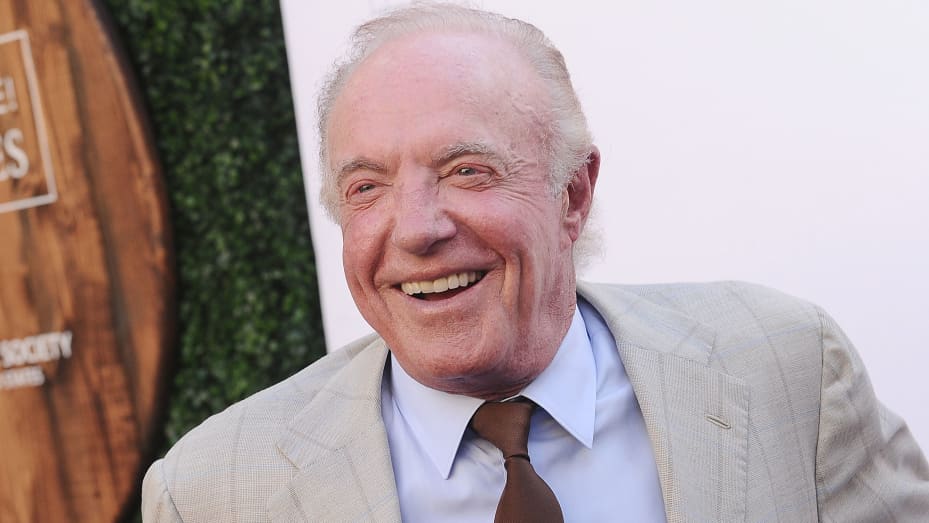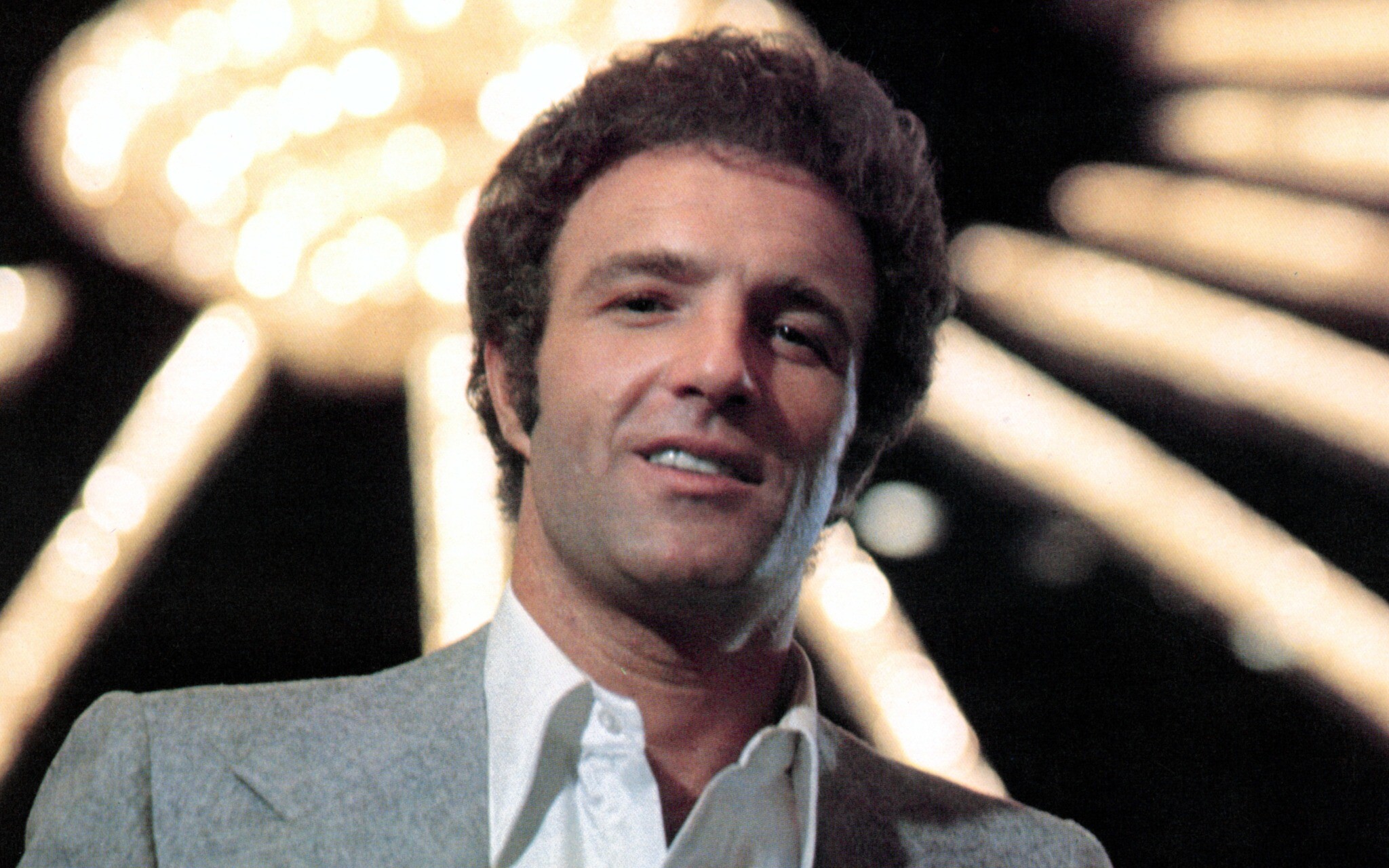
Team Grimm was devastated at the news we lost a titan of cinema when legendary actor James Caan passed away on 6th July, and our wordsmith and chief film programmer, Steve Balshaw has composed a beautiful tribute.
Over to you, Steve…
“For my generation, maybe for every generation, he’s always going to be Sonny Corleone.
The brash big brother to serious and studious Michael and gentle Fredo, the subjects of his affectionate, occasionally patronising banter but loved and looked up to by them nonetheless. Had James Caan never appeared in another film, his place in cinema history would be guaranteed. It’s a brilliant portrait of Italian-
American alpha male machismo, dominating much of the early part of THE GODFATHER; he’s the driving wheel and motor that gets the narrative rolling. David Thomson, in his entry for Caan in THE BIOGRAPHICAL DICTIONARY OF CINEMA, suggests that “Sonny Corleone dies too soon”. And there’s some truth in this, in so far as Caan’s performance energises the film from the start, and we like Sonny, sometimes in spite of ourselves; can see what his brothers and father see in him, even as we see in his occasional belligerence the fatal flaws that will destroy him.
It’s a shocking death, one of the most memorable in cinema history, a remorselessly brutal set piece, emphasising just how difficult it is to snuff out all of that primal energy and force. But it’s an inevitable death, too; one we see coming, however much we might not want it to happen. The narrative demands it,
hinges upon it.
Sonny dies to make Michael into what he is.
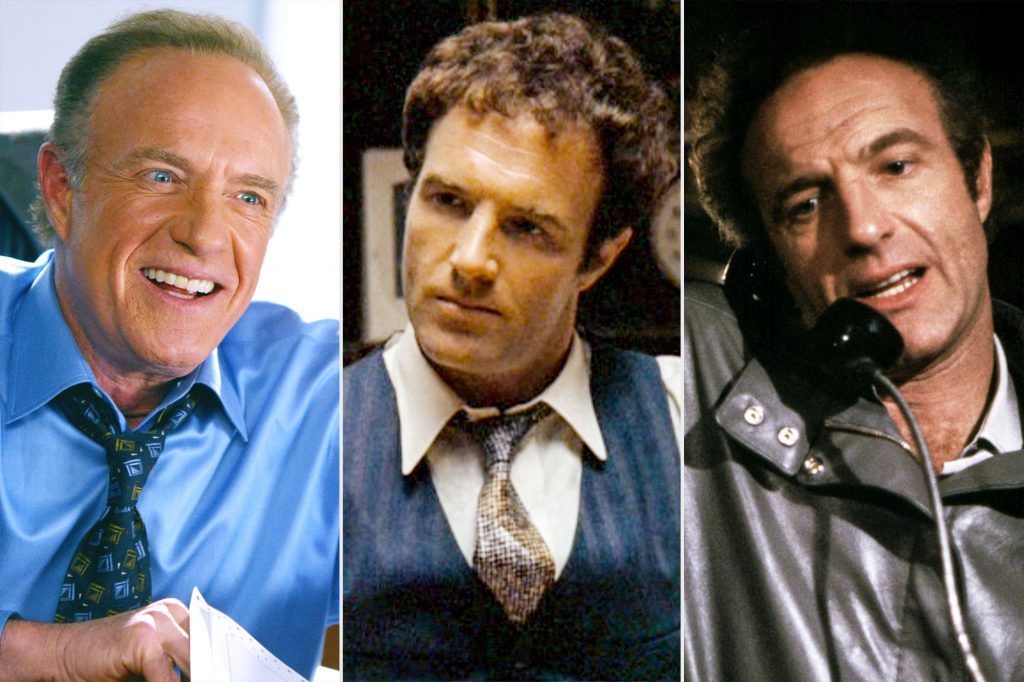
The film made Caan a star, but it’s a starmaking turn in what is essentially a great
supporting role. And that very fact suggests something that doesn’t generally get recognised about James Caan – his generosity as a performer. Sonny is a big character, larger than life, but Caan is never showy or grandstanding. Quite the reverse in fact. There’s nuance and subtlety and gritty authenticity here, he provides the other actors with plenty to work off, to hone their own characterisations against.
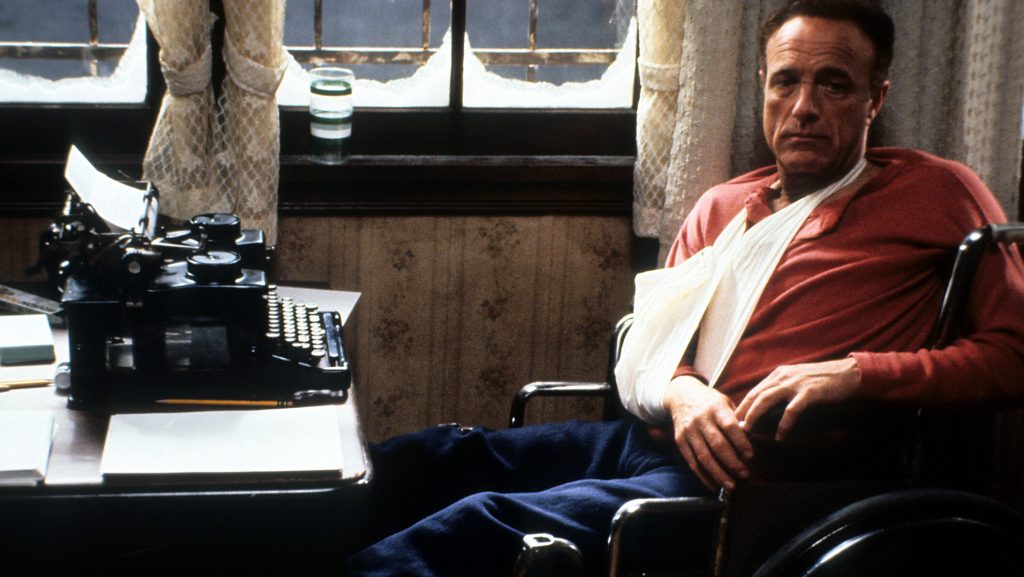
It’s an actorly generosity there again in one of his other most famous performances as Paul Sheldon, the writer totally at the mercy of his “number one fan”.
Rob Reiner’s adaptation of Stephen King’s MISERY, where he lets Kathy Bates (a relative unknown) take centre stage, but gives her plenty to work with in his subtly nuanced performance. It was a role a lot of actors passed on, uncomfortable with the seeming passiveness of the character, and perhaps the role of largely helpless victim, but Caan makes the character seem anything but weak, no matter how helpless he might seem at first. The sparring between the two characters, the chemistry between Caan and Bates, is electrifying to watch. And it’s all the more impressive, given that Caan is an actor known for his energy and physicality, so spending much of a film tied to a bed must have been quite a challenge.
THE GODFATHER and MISERY are perhaps his two most high-profile films, but Caan’s career is far more than the sum of these two roles. His onscreen career dates back to the early 60s, his first role being in an episode of the classic police series THE NAKED CITY, in 1961. His first film appearance, in Billy Wilder’s IRMA LA DOUCE, was uncredited. But his performance as a psychopathic thug, terrorising Olivia de
Havilland in Walter Graumann’s 1964 cult thriller LADY IN A CAGE, got him noticed.
He followed it with a classic episode of THE ALFRED HITCHCOCK HOUR, “Memo From Purgatory”, written by the great Harlan Ellison, a supporting role in THE GLORY GUYS, a Western written (but not directed) by Sam Peckinpah, then two films back-to-back with Howard Hawks; the lead role in eccentric motor-racing movie RED LINE 7000, and then alongside Bob Mitchum and the Duke in the laconic and leisurely reworking of RIO BRAVO, EL DORADO.
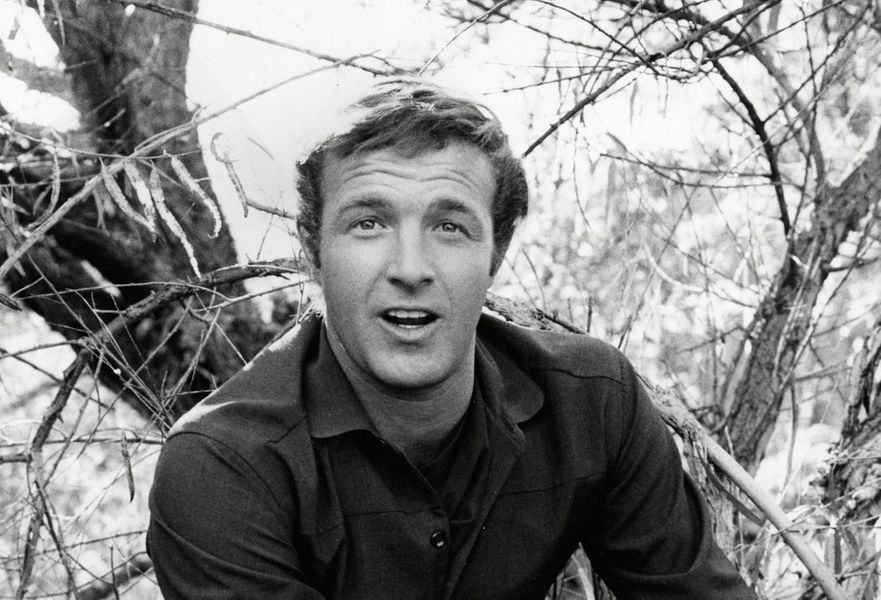
He was paired for the first time with GODFATHER co-star Robert Duvall in Robert Altman’s COUNTDOWN, and sparred with Simone Signoret and Katherine Ross in Curtis Harrington’s darkly satiric cult thriller, GAMES. He played Harry “Rabbit” Angstrom in Jack Smight’s film version of John Updike’s RABBIT IS RICH, then worked with Coppola for the first time (and again with Duvall) on THE RAIN PEOPLE, and from there, it’s only a short leap to Sonny and superstardom. Except that, with Hollywood at his feet, Caan opted for a more… esoteric path. There are big movies, sure, such as FUNNY LADY, with Barbra Streisand, apparently one of his own favourites from that era, but so many of his best films are more cultish in their appeal: Howard Zieff’s SLITHER, written by W.D. Richter, and co-starring a who’s who of eccentric 70s talent; Mark Rydell’s queasy anti-romance, CINDERELLA LIBERTY, alongside Marsha Mason; in Karel Reisz and James Tobac’s sulphurous neo-noir THE GAMBLER; and alongside Alan Arkin, as one half of FREEBIE AND THE BEAN, in Richard Rush’s black-hearted and decidedly non-PC cop caper.
There was THE KILLER ELITE, in which he finally got to be directed by Sam Peckinpah; the relentless future sport satire, ROLLERBALL, as the unstoppable, unkillable Jonathan E; a mercilessly self-mocking cameo as “himself” in Mel Brooks’ SILENT MOVIE; and of course there was Michael Mann’s seminal feature film debut aswriter-director, the incomparable THIEF. It’s a hell of a run of movies, but what is most striking about it, in retrospect, is how far from the mainstream it often is, how eccentric the choice of roles. Then again, it was the Seventies. Cinema was like that back then.
Things slowed down a bit for him as the 70s gave way to the 80s, but he continued to do good work. His later career saw him opting for more supporting roles, although there were some interesting movies along the way, ranging from Wes Anderson’s debut feature, BOTTLE ROCKET, to Christopher McQuarrie’s post-Tarantino desert noir THE WAY OF THE GUN, to Lars Von Trier’s DOGVILLE. All of which suggest that Caan was often at his best working with the more left-field, maverick talents, rather than as part of the increasingly machine-tooled and focus-grouped mainstream Hollywood movie-making machine. Having worked with some of the most distinctive, original, and uncompromising voices in cinema for much of the first 20 years of his career, I suspect he continued to be drawn to such films, as and when he found them, although he was the kind of actor who would elevate any film in which he appeared, lending weight and gravitas, however threadbare the material he might have to work with. And he never, ever stopped working. At the time of his death, he had three films in post-production.
He always gave 110%. Like Sonny, he had heart and more energy than most of us can dream of. Even at 82, he died too soon.”
